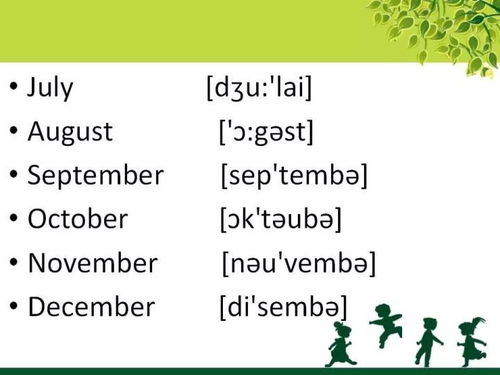
As

one of the most widely spoken languages in the world, English is an essential tool not just for communication, but also for education and business. Whether you're a native speaker or learning the language as a second language, there are always interesting and surprising things to discover about English.
In this article, we'll explore a variety of fun facts about English that you might not know yet. From tongue twisters to unique grammar rules, there's sure to be something here that will make you say, "Wow, I had no idea!"
Tongue Twisters
Tongue twisters are phrases that are difficult to say, even for native speakers. Here are a few famous ones:
- "She sells seashells by the seashore."
- "How much wood would a woodchuck chuck, if a woodchuck could chuck wood?"
- "Peter Piper picked a peck of pickled peppers."
Did you know that these tongue twisters were created specifically to help people improve their pronunciation? By practicing these difficult phrases, you can train your mouth and tongue to properly form the sounds of each word.
Homonyms
Homonyms are words that sound the same, but have different meanings. Here are a few examples:
- "I saw a man with a deer in his car." (saw/past tense of see and saw/woodworking tool)
- "I need to write a letter with a pen." (write/to form letters and right/correct)
Homonyms can be confusing, especially if you're not a native speaker. It's important to pay attention to the context in which the word is used to ensure you understand its intended meaning.
Irregular Verbs
English verbs can be tricky because they often have irregular past tense forms. Here are a few examples:
- "I swim in the ocean every day." (present tense) vs. "I swam in the ocean yesterday." (past tense)
- "I eat pizza for lunch." (present tense) vs. "I ate pizza for lunch yesterday." (past tense)
There are many irregular verbs in English, and it's important to practice using them correctly in order to sound fluent.
Phrasal Verbs
Phrasal verbs are combinations of verbs and prepositions that have different meanings than the individual words would suggest. Here are a few examples:
- "I need to turn in my homework tomorrow." (turn in/to submit)
- "I ran into an old friend at the supermarket." (run into/to meet unexpectedly)
Phrasal verbs can be difficult for non-native speakers to learn because they don't always follow regular grammar rules. However, they're an important part of English, especially in casual conversation.
Double Letters
Did you know that English has a lot of words with double letters? Here are a few examples:
- "bookkeeper"
- "feelless"
- "rootless"
- "unnecessary"
Double letters can sometimes make spelling difficult, but they also help to create interesting and unique words.
In conclusion, English is a constantly evolving language with its own unique rules and quirks. By exploring these fun facts, you can gain a deeper understanding of the language and improve your skills as a communicator. Whether you're a native speaker or learning English as a second language, there's always something new to discover about this fascinating language.